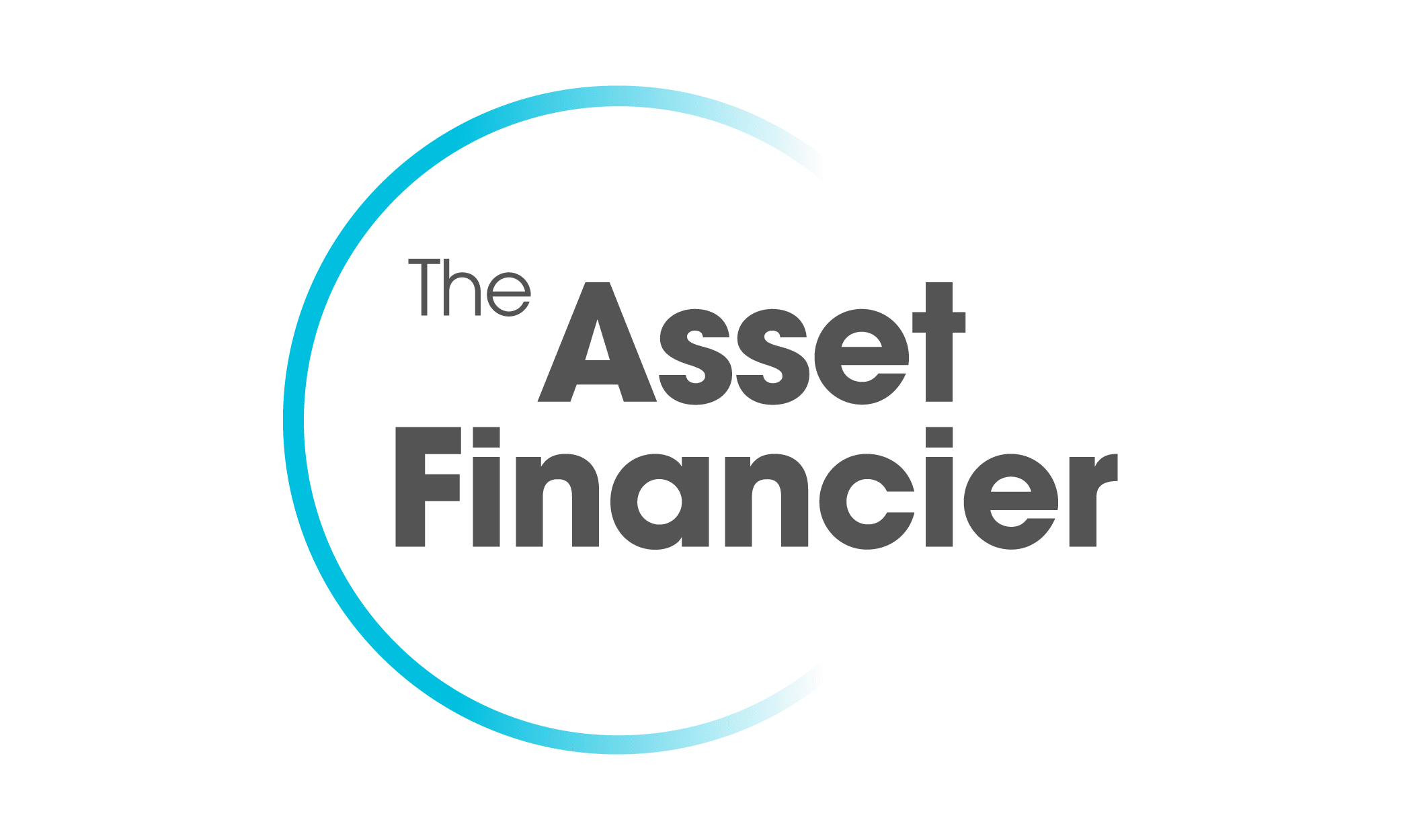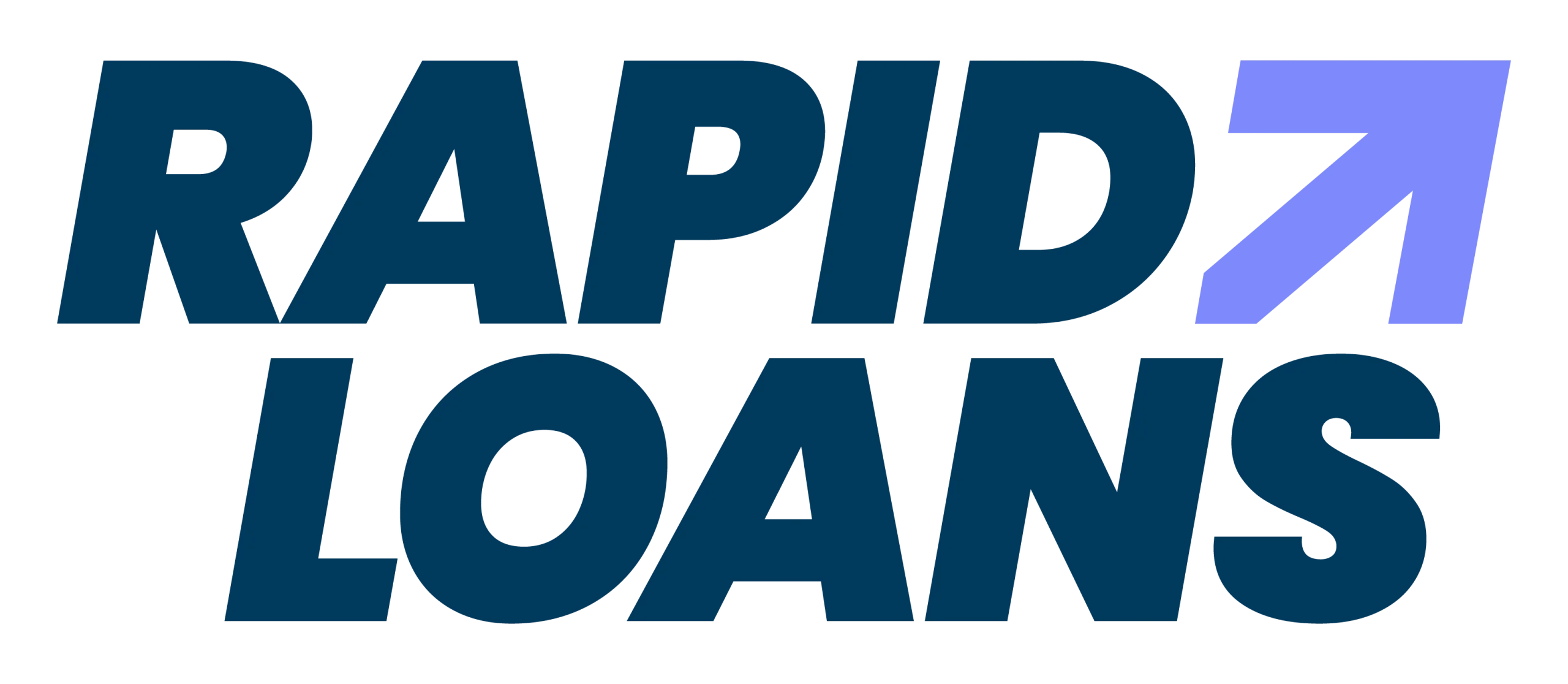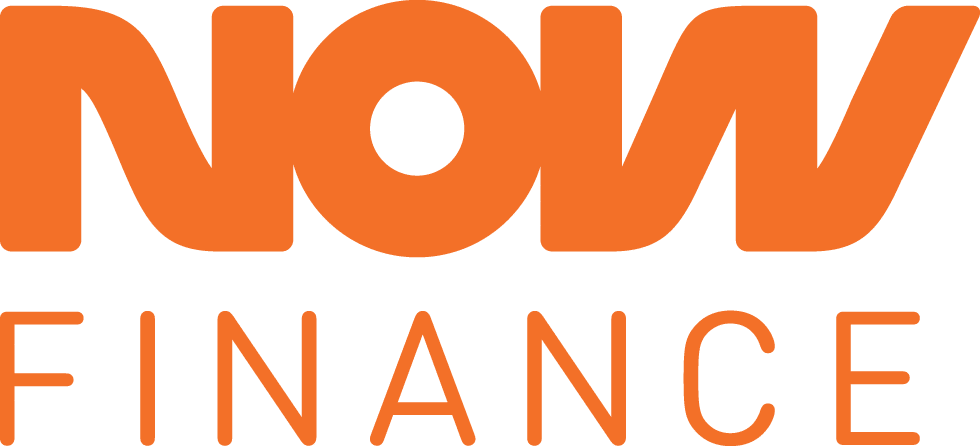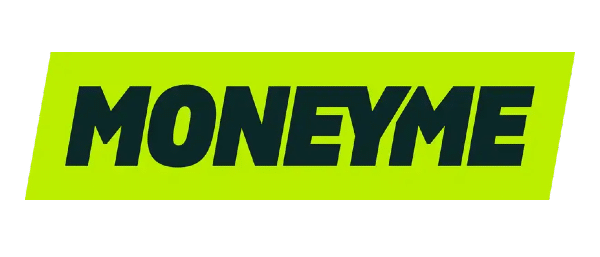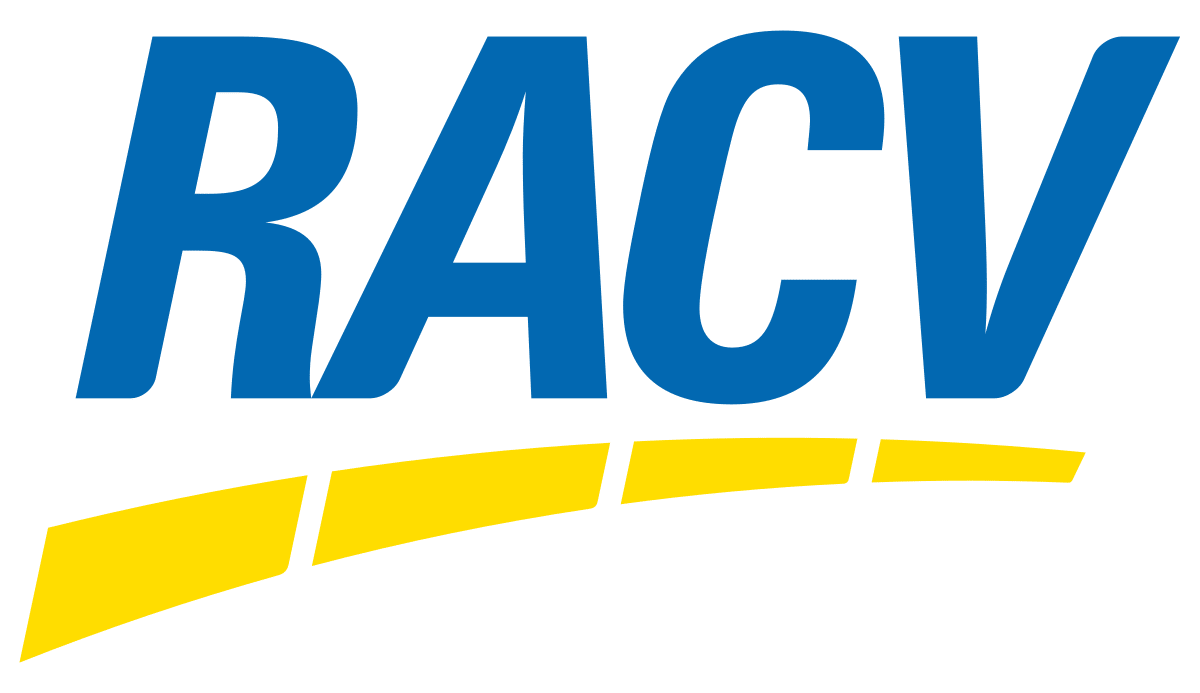Buying a car is usually a costly exercise that takes a big chunk out of your hard-earned savings. However, if you’re taking out a car loan, you could lock in your purchase with no money down. That’s because there are plenty of lenders out there who offer no-deposit car loans to people of various financial backgrounds.
How can I get a car loan with no deposit?
Although you might think that lenders will only allow the best of the best to take out a car loan without a deposit, the reality is very different. Most lenders will approve 100% car finance for most eligible customers, so there’s no shortage of no-deposit car loan options on offer. Lenders will look for the following attributes in a car loan applicant:
- Good credit score
- Record of repaying similar debts without issue
- Serviceability (such as stable employment and comfortable, consistent income)
- Positive financial habits (non-excessive spending)
- Low debt-to-income (DTI) ratio
The majority of Savvy’s successful car loan applicants are approved without a deposit. Our experienced car finance brokers specialise in connecting you with the loan or lender best suited to your needs, including if you don’t want to pay a deposit.
Of course, that doesn’t mean that everyone will qualify for a loan without a deposit. There are several circumstances where a lender may require you to pay a deposit.
When might I be required to pay a deposit on my car loan?
Although most people can be approved for a car loan without a deposit, there are certain circumstances where lenders will require you to pay something up front. These include:
- Your credit score isn’t the best (or you have no credit history): having bad or no credit will impact your application. Lenders will see this as a greater risk to take on, so a deposit may be required.
- The car you want is out of your borrowing range: lenders will consider your income, expenses and a range of other factors to determine your borrowing power. If the car you want sits outside that range, you’ll have to pay the difference. This is also the case if your lender values the car at a lower price than what you’re buying it for.
- You’re refinancing with negative equity: this is common on car loans. If you’ve been paying off your loan for a few years and are now looking to refinance your vehicle, the value may have fallen below your outstanding loan balance. This is known as negative equity. This will also mean you’ll have to fork out to cover the difference between the two.
Why apply for a car loan with Savvy?
Fast & easy application
Apply online and submit and sign all your documents digitally. We can assess your profile with a soft credit check, so your score isn't impacted.
Trusted since 2010
With 15+ years of experience and a 4.9-star customer service rating on Feefo, we've helped thousands of Aussies find their ideal car loan.
Unbeatable rates & choices
Access 40+ lending partners nationwide. We compare providers to find the most competitive interest rates tailored to your profile.
How much will my no-deposit car loan cost?
The most obvious drawback of taking out a car loan with no deposit is that it costs more overall. Paying a deposit reduces your loan amount, which in turn cuts back on the interest you’ll need to pay overall. You can see this in action in the following table:
| Loan amount | Deposit | Loan term | Interest rate | Repayments | Total cost |
|---|---|---|---|---|---|
| $30,000 | $0 | Five years | 6.00% p.a. | $580 | $4,799 |
| $28,500 | $1,500 (5%) | Five years | 6.00% p.a. | $551 | $4,559 |
| $27,000 | $3,000 (10%) | Five years | 6.00% p.a. | $522 | $4,319 |
| $24,000 | $6,000 (20%) | Five years | 6.00% p.a. | $464 | $3,839 |
| $21,000 | $9,000 (30%) | Five years | 6.00% p.a. | $406 | $3,359 |
| Calculations are for illustrative purposes only and do not reflect the rate and terms you may receive on your car loan. | |||||
As you can see, a 10% deposit of $3,000 towards the $30,000 car purchase would save you around $60 per month and close to $500 in interest overall based on the above terms. That’s the money you’ll have to pay if you opt for a no-deposit car loan.
Of course, the deposit (or lack thereof) is far from the only factor affecting the cost of your car loan. Here are some of the other things that’ll have a say in how much you pay overall:
- Interest rate: it goes without saying that the higher your rate, the more you’ll have to pay overall.
- Loan fees: things like establishment and ongoing fees will also add to the amount you’re paying for your loan.
- Loan term: longer loan terms result in higher interest costs. This is because interest is calculated based on your loan balance, so the longer it takes to go down, the more you’ll pay.
The pros and cons of no-deposit car loans
Pros
-
Keep your savings intact
If you’re wanting to build up your savings to cover other expenses or simply don’t have enough money behind you, you don’t need to stress about paying up front.
-
Bring your car within reach sooner
Rather than waiting until you have enough money to buy your car, you can do it straight away and pay it off at your own speed.
-
Bundle on-road costs into your loan
We work with lenders who can cover on-road costs like motor vehicle duty, registration and insurance in your loan. This technically means you can borrow over 100% of your car’s cost.
Cons
-
Higher repayments
The larger your loan, the more you’ll have to pay each week, fortnight or month to cover your repayments.
-
More expensive overall
Without a deposit, you’ll have to pay more in interest across the life of the loan compared to one with even a small deposit.
-
Greater chance of negative equity
Because you’ve taken out a larger loan, there’s a higher chance that your car’s value will drop below your outstanding loan balance, which could leave you out of pocket if you want to sell it before the end of your term.
Top tips for maximising your car loan approval chances with no deposit
-
Choose a less expensive car
The less you borrow, the lower the risk being taken on by your lender. The lower the risk, the higher the chances of approval.
-
Maintain a strong credit score
Lenders want to see that you can handle the responsibility of a loan. Showing a track record of managing your finances comfortably will go a long way.
-
Cut out unnecessary expenses
If you’re finding your budget being tightened, take stock of all your monthly outgoings. There might be fat that you can trim, like unused subscriptions.
-
Apply with a co-borrower or guarantor
Submitting a joint application with your partner or getting a parent or grandparent to sign on as a guarantor for your vehicle adds an extra layer of security to the loan.
Should I add a residual payment instead of a deposit?
A residual or balloon payment is similar to a deposit, but is required to be paid at the end of your car loan term. It means you don’t have to pay anything up front, but there’ll be a lump sum due down the track.
Whether you should add one to your loan agreement comes down to your preferences as a borrower. While adding a balloon payment does decrease your repayments like a deposit, it increases the total interest you’ll have to pay. It also means that you’ll have to budget enough to cover the lump sum due at the end of your term.
The following table demonstrates the cost implications of adding a balloon payment to the same $30,000 car as above:
| Loan amount | Residual | Loan term | Interest rate | Repayments | Total cost |
|---|---|---|---|---|---|
| $30,000 | $0 | Five years | 6.50% p.a. | $587 | $5,220 |
| $30,000 | $3,000 (10%) | Five years | 6.50% p.a. | $545 | $5,672 |
| $30,000 | $6,000 (20%) | Five years | 6.50% p.a. | $503 | $6,125 |
| $30,000 | $9,000 (30%) | Five years | 6.50% p.a. | $460 | $6,578 |
| Calculations are for illustrative purposes only and do not reflect the rate and terms you may receive on your car loan. | |||||
Although adding a 10% balloon to the above car loan reduces your repayments by $43 per month (roughly $11 per week), it’ll end up costing you over $400 more in interest across your loan term. Weigh up whether the slight monthly saving is worth the extra investment.














